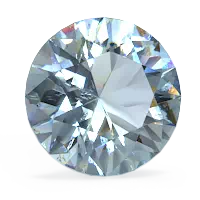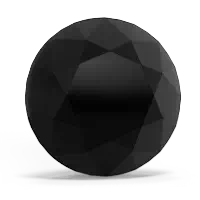

The gemstone is the star in these elegant Aquamarine solitaire pendants. A long time favorite of jewelry designers, aquamarine is the birthstone of March. The diamond-like brilliance of an aquamarine ring is sure to attract attention. Black and gold make a beautiful and elegant combination. A black onyx ring is a perfect accessory for any outfit.